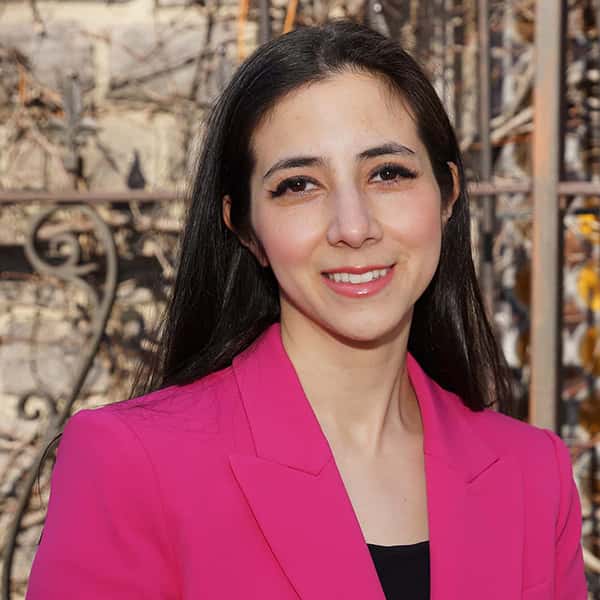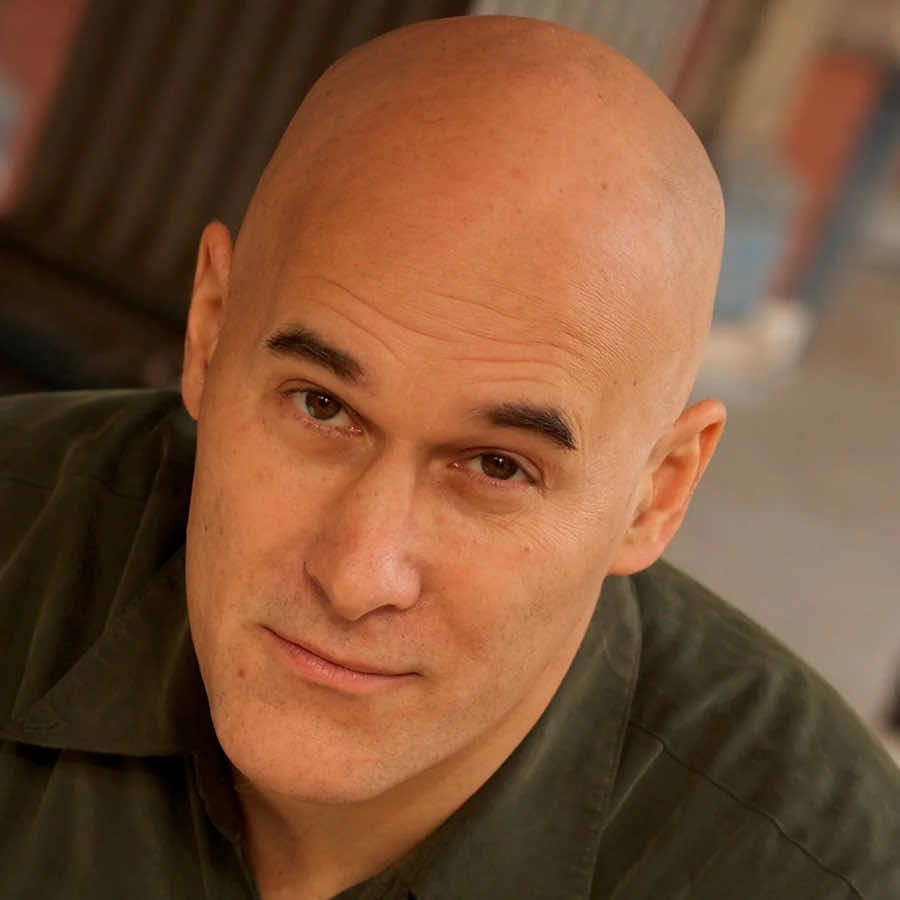Just a few of the people behind the award-winning editorial work at
Milwaukee Independent, committed to transformational journalism.
The news we report is our focus, not getting credit for it. Often we use generic attribution when our staff wants to make sure the attention goes where it belongs, on the story. Our mission is to inspire and transform the Milwaukee community. However, the individuals listed here deserve recognition for their efforts.
Amanda Ali a community journalist focused on social justice issues affecting ethnic groups in Wisconsin. A Racine native and graduate of University of Wisconsin-Madison, she enjoys exploring Milwaukee’s immigrant history and diverse communities through reporting and photography.
Anna moved to Milwaukee in 2014 and has never looked back. She has since come to love the city, and uses her past experiences as a travel writer and technology journalist to report impactful news stories about her adopted community and its vibrant neighborhoods.
Brianna is an artist, designer, and curator who draws strength for her creative expressions from the natural world and personal stories. Her artistic work explores the power of landscapes to heal and transform, while helping others find the visual language to describe their own experiences.
Carl Swanson explores and writes about his adopted hometown of Milwaukee. Milwaukee Notebook: The people and events that shaped a city is his ongoing guide to the history of forgotten pockets of the city. It was also the basis of his historical book Lost Milwaukee.
Teaching for over twenty years, Dominic Inouye helps students develop their unique voices. He was appointed as The Pfister Hotel Narrator, is the co-City Organizer of Jane’s Walk MKE, and currently manages the ZIP MKE photo project that promotes cultural understanding.

Dr. Siker is a physician based in the Milwaukee area, and an advocate for transforming health care delivery.

Edward Morgan is a theatre director, educator, and playwright. He lived and worked in Milwaukee for many years and has frequently returned for performing arts projects. He will be back in town over November for a production with John McGivern. In 2025, he will return to Kyrgyzstan as a Fulbright Specialist.
Erin Bloodgood is a photographer and storyteller who seeks to engage, inspire, and connect the community.
Heather Cox Richardson is Professor of History at Boston College and an expert on American political and economic history. She writes extensively on history and current affairs, and is the author of the popular Letters from an American, a nightly chronicle of American politics. Her latest book is Democracy Awakening: Notes on the State of America.
As a public school teacher and union organizer, Joe Brusky became an integral part of the Overpass Light Brigade (OLB) through his documentary-style photography, and is credited with expanding community awareness through his relationships with national Occupy networks.
John Pavlovitz is a 20-year ministry veteran trying to figure out how to love people well and to live-out the red letters of Jesus, both online in this global community.
Dr. Cole is a Licensed Psychologist who has spent the past two decades helping members of the community in developing the ability to bring about positive change for their lives, and empowering those individuals to advocate for themselves.
With a dedicated career helping children and families adversely impacted by immigration, homelessness, abuse, and oppressive systems in South America, Europe, and his native Milwaukee, Luke serves as Director of Program Design and Community Engagement at the Institute for Child and Family Well-being at Children’s Wisconsin.
Margaret Rozga participated in Milwaukee’s open housing marches as a member of the Youth Council of the NAACP. In 1976 she married Father James Groppi. She is a professor of English at the University of Wisconsin-Waukesha and currently serves as adviser to the Students for Peace.
Mitchell A. Sobieski is a Wisconsin-based opinion and editorial writer who explores the intersection of community, policy, and culture. He believes in sparking thoughtful dialogue through honest, well-reasoned perspectives. The views expressed in any Op-Ed (opposite the editorial page) belong to Sobieski and are not necessarily endorsed by the editorial board of the Milwaukee Independent.
His passion for photography started with a plastic Kodak film camera in junior high school, and has continued for more than three decades. From his early days as a U.S. Navy photographer to work for the iconic Life magazine, Pat has documented generations of people in Milwaukee.
Pardeep Kaleka is the published author of The Gifts of Our Wounds, an award-winning columnist with Milwaukee Independent, a clinician specializing in utilizing a trauma-informed approach to treat survivors and perpetrators of assault with Parents4Peace, and Co-Director of Not in Our Town and a Professor at UW-Milwaukee.
As professor emeritus at the UW-Milwaukee, Paul A. Haubrich Ph.D. has extensive knowledge of Milwaukee’s historic Forest Home Cemetery, and is author of the book about St. Paul’s Church.
As an award-winning Senior Columnist for Milwaukee Independent, Reggie Jackson writes about a range of African American issues. He is also co-founder of Nurturing Diversity Partners which consults with organizations about equity and inclusion.
Rich Zimmermann has been photographing music performances since 1971, specializing in Rock concerts. In addition to being a photographer of motorsports, he also does commercial work.
Riley Reed is an activist, photographer, and writer, pursuing a degree in political science and journalism at DePaul University, with the hope to study immigration law.
Formerly the U.S. Secretary of Labor, Robert Reich is professor of public policy at the University of California at Berkeley and the author of Saving Capitalism: For the Many, Not the Few, The Common Good, and The System: Who Rigged It, How We Fix It.
Thom Hartmann is a progressive political commentator and a best-selling author of more than two dozen books in the fields of psychiatry, ecology, and economics. This column is published with permission, and more of his daily articles can be found on The Hartmann Report.
